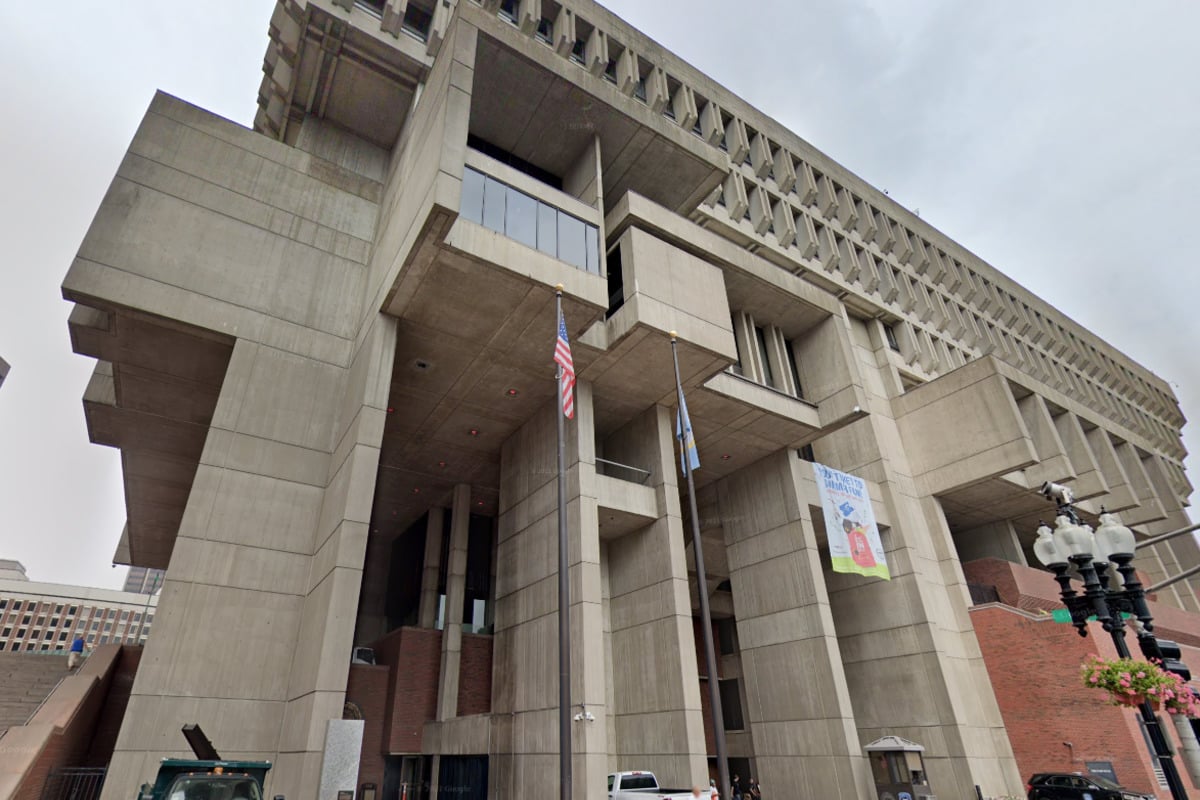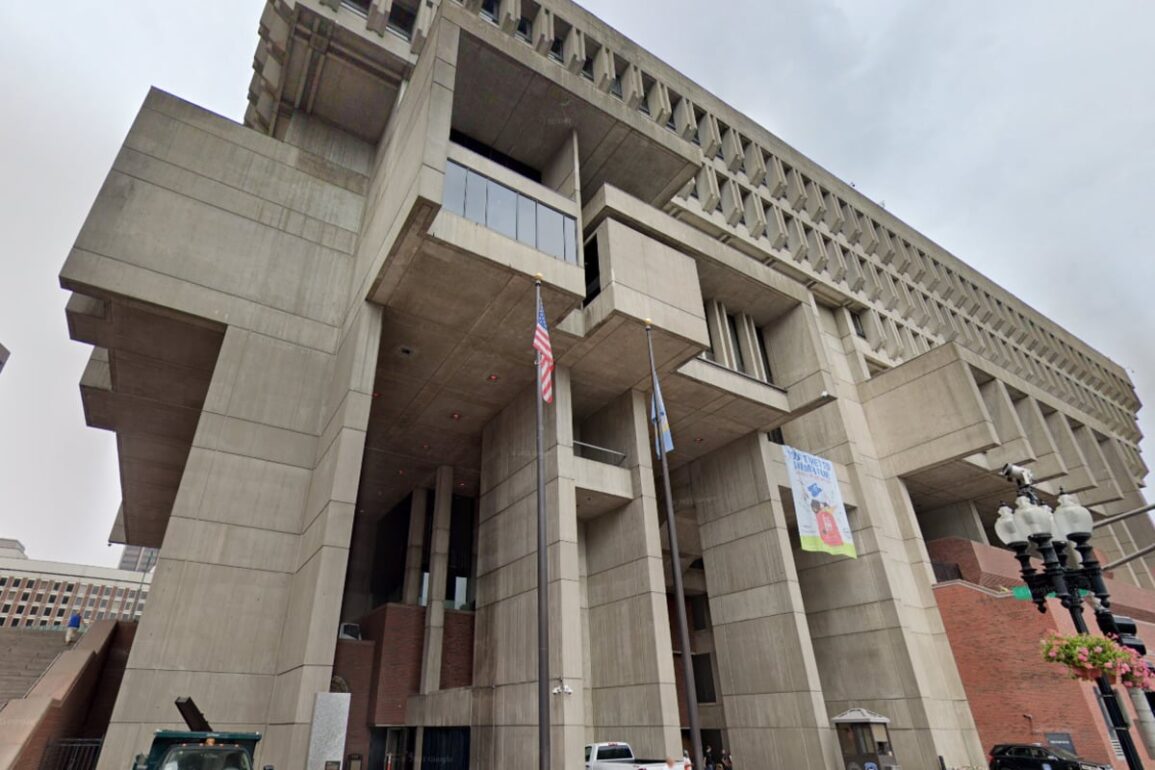
In an effort to deepen engagement with the city’s past, the Boston Reparations Task Force (RTF) is ushering in a Community Grassroots Partnerships Program aimed at bringing to light the narratives of Black Bostonians. Announced on June 7, the program under the city’s Equity and Inclusion Cabinet will funnel up to $70,000 towards local storytelling and historical research initiatives. Bostonians now have the chance to amplify their voices in shaping the discourse on the city’s tangled legacy of slavery and ongoing racial inequities. The deadline for interested residents and organizations to throw their hats into the ring for the inaugural funding round is June 13, according to city officials.
Joseph D. Feaster, Jr., the Chair of the RTF, expressed his enthusiasm for the program in a statement obtained by Boston.gov, “As the Boston Reparations Task Force continues our examination of the historical and present impacts of slavery in the City of Boston, we are thrilled to announce this critical effort to give community members an opportunity to tell the story of their families, communities and that of Boston in a more robust manner.” The task force is looking for diverse perspectives, from artists to historians, to bring fresh insights into the city’s past and its reverberations into the present day. The program is not solely a platform for scholarly output but a call to the city’s heart, to engage its people in a communal reckoning with their collective history.
Several types of projects are eligible for funding under the program. Initiatives will range from hosting community engagement sessions to documenting oral histories and crafting storytelling endeavors that unravel the threads of anti-Black discrimination and Boston’s role in the history of slavery. Each of these initiatives, apart from the grassroots history and research partnerships, stands to receive grants of up to $2,500. Meanwhile, researchers and historians keen on producing papers on pertinent historical events or topics could be awarded up to $1,000 for their efforts. A total of $25,000 is earmarked for both engagement and oral history partnerships, with an additional $10,000 budgeted for storytelling and research each.
Alongside Chairman Feaster, voices like Carrie Mays of the RTF highlight the significance of community involvement. “Community are the experts. It’s important that we invest in their voices,” Mays told Boston.gov, underscoring the critical role that local knowledge and creativity play in navigating the complex terrain of reparations. Indeed, the lived experiences of Bostonians are seen as invaluable resources, shaping the policies and recommendations the RTF plans to make.
The output of these community-backed endeavors will soon adorn the digital platforms of the Reparations Task Force, offering a broad audience a window into the very fabric of Boston’s history and the ongoing process of repair. Residents and organizations interested in applying can do so by visiting the provided Google form or through the city’s website. Applicants must be Boston residents, with minimal requirements specified beyond that. Successful applicants will be announced by the end of June 2024. With an undercurrent of anticipation, the city watches as the tapestry of its history is rewoven through the perspectives, pains, and hopes of its very own citizens.


